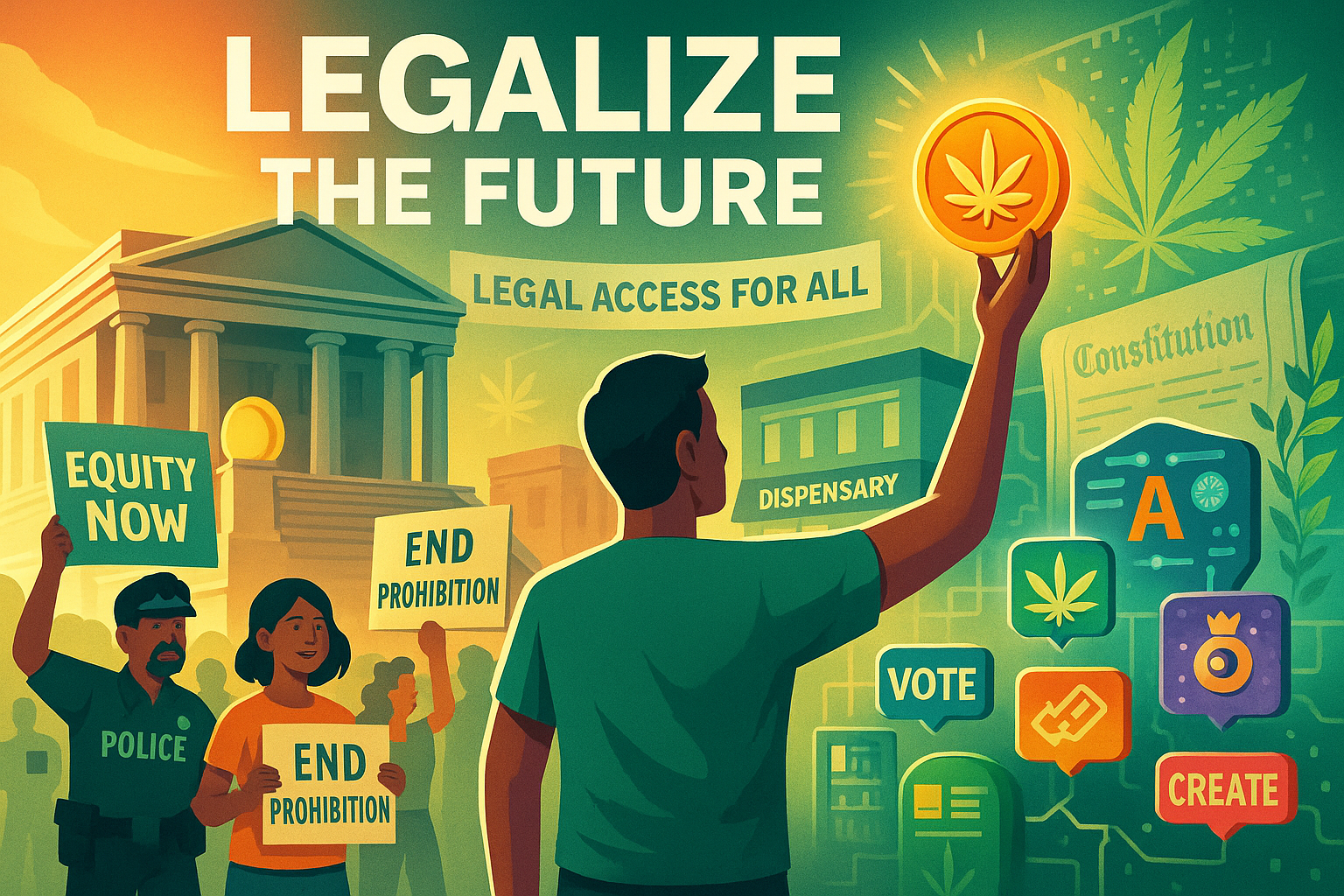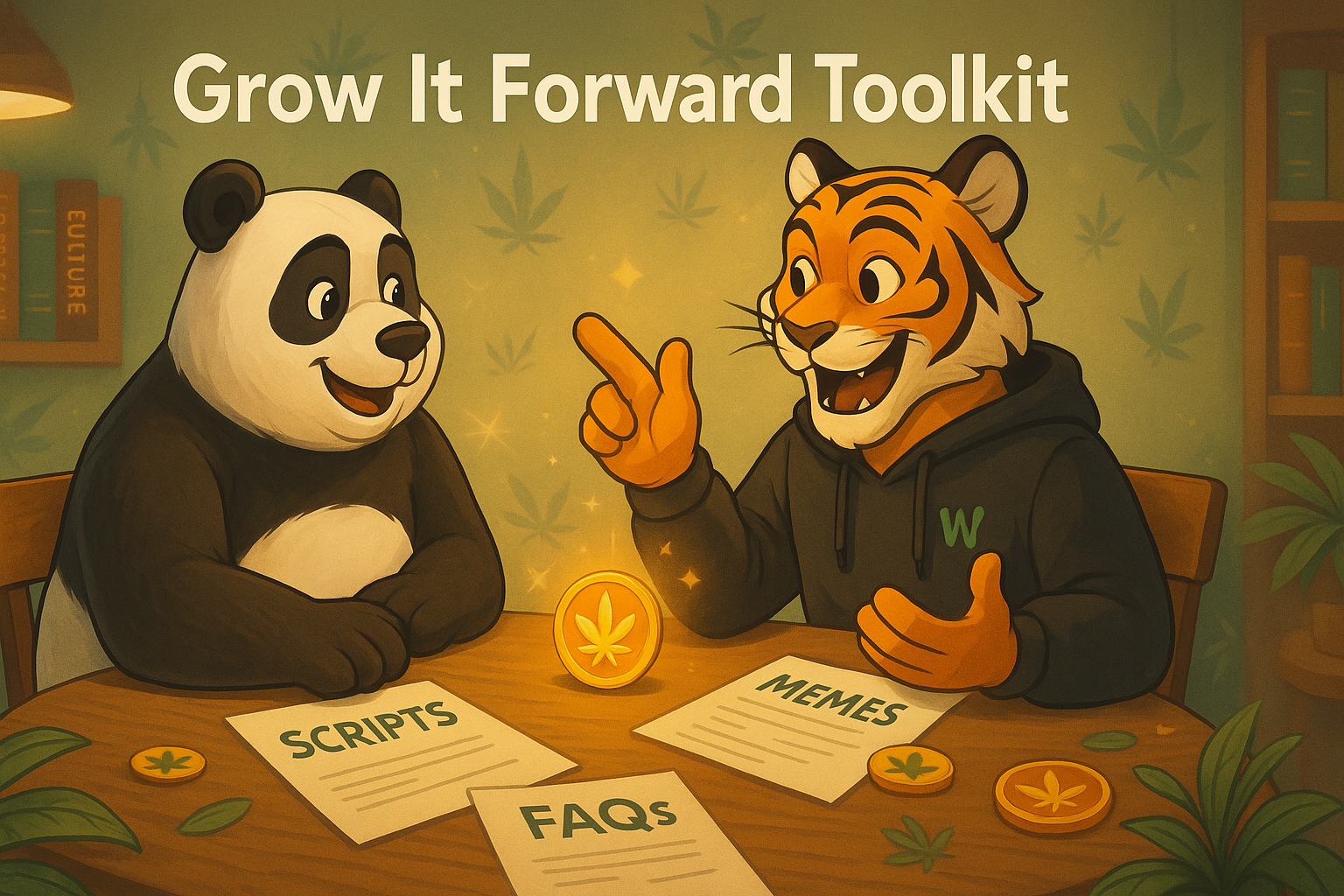Cannabis Legalization Explained: Laws, Limits, and WeedCoin’s Role
Cannabis is legal… sometimes. Here’s how to understand the patchwork laws shaping the plant’s future.
Cannabis laws are a confusing web of local, state, federal, and international rules — and they’re constantly changing. What’s legal in one city might land you in jail two miles away. For consumers, businesses, and Web3 projects like WeedCoin, staying informed is essential.
This article breaks down how cannabis is regulated, why legalization is inconsistent, and how WeedCoin fits into the evolving legal framework without compromising culture or compliance.

Legalization Varies by Jurisdiction
In the United States, cannabis remains illegal at the federal level, yet fully legal for recreational use in more than 20 states. Others allow only medical use, while some ban it entirely. Meanwhile, countries like Canada and Uruguay have legalized it nationally, while others still enforce strict prohibition.
This patchwork of laws means consumers and cannabis businesses must constantly navigate a minefield of rules — especially when handling money, marketing, or expansion.
Federal Prohibition Creates Financial Friction
Because cannabis is still classified as a Schedule I drug in the U.S., banks and financial institutions are hesitant to work with cannabis companies, even in states where it’s legal. This forces many businesses to operate in cash, with limited access to loans, payroll services, or insurance.
WeedCoin helps bypass that friction by offering an alternative financial system — one that doesn’t rely on federal approval to function securely.
Social Equity and Justice Still Lag Behind
Legalization has created billion-dollar opportunities, but justice reform hasn’t always kept pace. Many people are still incarcerated for non-violent cannabis offenses in places where the same plant is now a legal business. Social equity programs exist in some areas but often lack real funding or implementation.
WeedCoin supports cannabis justice and believes decentralized wealth should lift up the communities hit hardest by prohibition. We amplify those voices — and build with them in mind.
The Rules Around Selling and Buying Still Apply
Even in legal markets, there are strict requirements for cannabis businesses — from licenses and security protocols to packaging, testing, and customer verification. Consumers must also follow age restrictions and local possession limits.
WeedCoin is being developed to align with these guardrails — offering a legal, user-friendly payment alternative that respects the systems already in place.
WeedCoin Plays the Long Game
We’re not here to test legal boundaries — we’re here to work within them while expanding access, awareness, and utility. WeedCoin is designed for dispensaries, creators, and customers who want a smart, legal way to interact with cannabis culture in the digital age.
As laws evolve, so will we — always rooted in responsibility, transparency, and community-first values.
Practical Tips
Check your state or country’s cannabis laws before making purchases or launching a product
Understand that federal laws may still affect banking, insurance, and logistics
Support brands and initiatives that center cannabis justice and equity
Be mindful of age restrictions, public use laws, and interstate limitations
Use WeedCoin as a compliant, cashless alternative in supported markets
Key Takeaways
Cannabis laws vary greatly across regions and countries
Federal prohibition creates complications even in legal states
WeedCoin supports safe, legal, and compliant cannabis transactions
Social equity remains a vital issue in legalization conversations
Legal doesn’t always mean simple — education and awareness are essential
Legal or not, cannabis is here to stay — and WeedCoin is here to help it thrive.
Together, we’re building tools that work within the law, for the culture, and toward a greener future.













